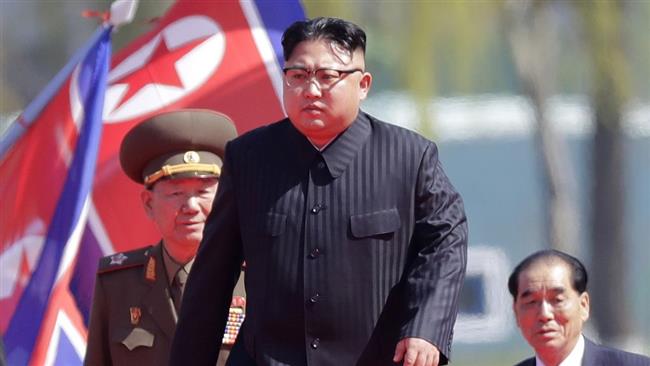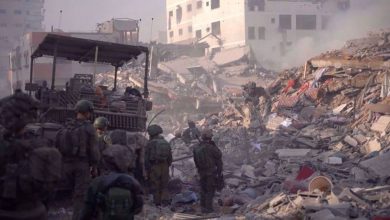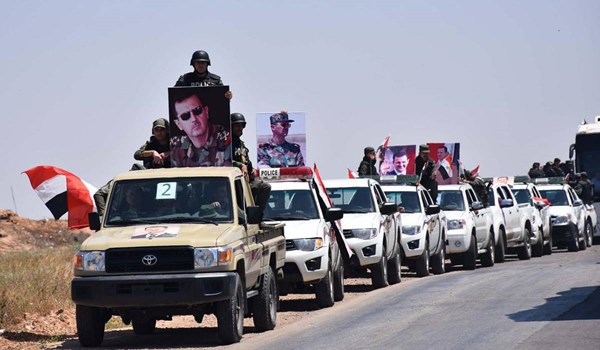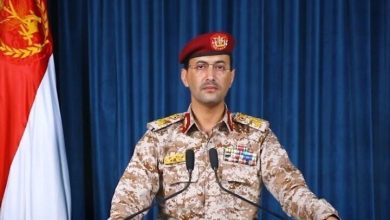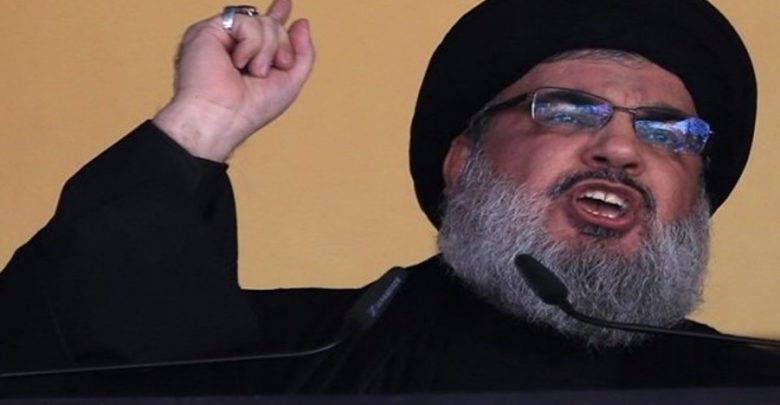Sheikh Qassem: Hezbollah is poised to target Tel Aviv as a countermeasure to Israeli strikes on Beirut,
Hezbollah's leader has declared that the Lebanese resistance organization is ready for a prolonged conflict with Israel. In response to the recent fatal airstrikes on Beirut, the group has warned of retaliatory strikes targeting central Tel Aviv.
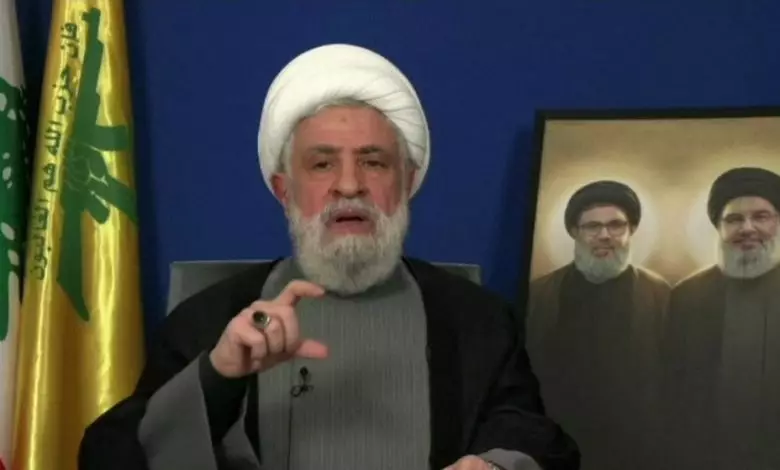
In a televised address on Wednesday, Sheikh Naim Qassem commented on the recent lethal Israeli airstrikes targeting three central districts of Beirut. These attacks resulted in the death of Hezbollah’s media chief, Mohammad Afif, along with four members of his team.
Sheikh Qassem announced that the regime had killed Afif while he was present at a “civilian, media, and political location, which is expected to be safeguarded in situations such as these.”
An official statement has been issued condemning Israel’s recent actions, which included attacks and targeted assassinations in the heart of Beirut, the capital of Lebanon. The statement warns of a retaliatory response that may occur in central Tel Aviv, emphasizing that the Israeli actions will not go unanswered and asserting the need for accountability for their actions.
Hezbollah Signals Readiness for Prolonged Conflict
Sheikh Qassem highlighted Hezbollah’s resilience in crisis management, stating that following the assassination of Sayyed Hassan Nasrallah, the organization was able to reestablish its operations within just ten days.
The political organization encountered a significant crisis following the assassination of Secretary-General Sayyed Hassan Nasrallah. However, within a span of ten days, it managed to regroup and initiated the process of recovery.
He underscored the group’s unwavering commitment to maintaining the defense of Lebanon.
In a statement today, figures in Lebanon reaffirmed their commitment to resisting what they describe as the ongoing Israeli occupation, emphasizing that their defense of the nation and its citizens hinges on steadfast resistance. According to these leaders, this approach remains the sole avenue to ending the occupation, with continued efforts pledged to this end.
He announced that the movement has been gearing up for a prolonged struggle against the Zionist regime.
He stated, “We were presented with the option of submission or humiliation, and we firmly reject humiliation.”
“The final results are contingent upon developments on the ground, with the resistance possessing the capability to sustain protracted warfare.”
He commended the resilience of the resistance amid ongoing Israeli hostilities, highlighting that the group’s counterattacks have led to the displacement of hundreds of settlers from the northern occupied regions.
“We are committed to maintaining our presence on the battlefield, determined to continue our efforts irrespective of the costs involved. Our strategy includes escalating the cost for the adversary, countering their aggression, and steadfastly upholding a defensive posture.”
He stated that Hezbollah functions differently from conventional military forces, emphasizing that its role is not to halt enemy advances but to engage in resistance wherever the enemy progresses.
“The focus should not be on reporting whether the enemy has taken control of specific villages, but rather on detailing the number of enemy casualties and the locations where our forces actively engaged them.”
Hezbollah’s leader has affirmed that, notwithstanding the turmoil in Lebanon, the resistance organization remains committed to supporting Palestinian efforts in Gaza.
“We take pride in being among the select nations, including Iraq, Yemen, and Iran, that are actively supporting Gaza, as much of the international community remains inactive.”
**”Israel Lacks Authority to Set Terms”**
In relation to discussions on a ceasefire, he stated that hostilities would continue unabated as parties await the results of the negotiations.
“We are currently navigating dual strategies: advancing on the battlefield with escalating intensity, while simultaneously engaging in negotiations. The military efforts remain ongoing and are not paused in anticipation of talks.”
Sheikh Qassem has asserted that Israel is unable to dictate terms to Hezbollah, unequivocally rejecting any ceasefire that undermines the sovereignty of Lebanon.
He stated that Israel is unable to overcome their position or enforce its terms on them.
The occupying forces anticipated that they could secure through diplomatic negotiations what eluded them on the battlefield—a prospect deemed unattainable.
Sheikh Qassem asserted that Hezbollah is committed to achieving a “complete and comprehensive cessation of hostilities” and emphasized the importance of safeguarding Lebanon’s sovereignty. He further stated that “the Israeli enemy is not permitted to enter Lebanese territory at will.”
Hezbollah has conducted a review and offered its feedback on a ceasefire proposal drafted by the United States, aimed at halting hostilities between Israel and Lebanon.
The paper has been received and comments have been formulated.
Sheikh Qassem stated that the American envoy has been informed of these remarks, including those made by Lebanese Parliament Speaker Nabih Berri.
The leader of Hezbollah has suggested that the possibility of a ceasefire is contingent upon the actions taken by Israel, implying that future developments hinge on Israel’s response.
The outcome of the ongoing negotiations remains uncertain, with no guarantees of a swift ceasefire or halt in hostilities, as these are contingent upon Israel’s response and the commitment of Prime Minister Benjamin Netanyahu.
In a speech delivered just hours following the departure of U.S. envoy Amos Hochstein, who wrapped up a two-day diplomatic mission aimed at negotiating a ceasefire in Beirut, Sheikh Qassem addressed the situation.
Hochstein expressed optimism about resolving the ongoing conflict, stating that he perceived “a real opportunity” for peace. He announced plans to travel to the Israeli-occupied territories with the intention of “trying to bring this to a close if possible.”
In Beirut, he engaged in two separate meetings with Berri, a key ally of Hezbollah and a prominent figure at the forefront of mediation efforts representing Lebanon.
The Israeli military actions in Lebanon since October 2023 have resulted in more than 3,500 fatalities, while over 15,000 individuals have sustained injuries, according to recent reports.
